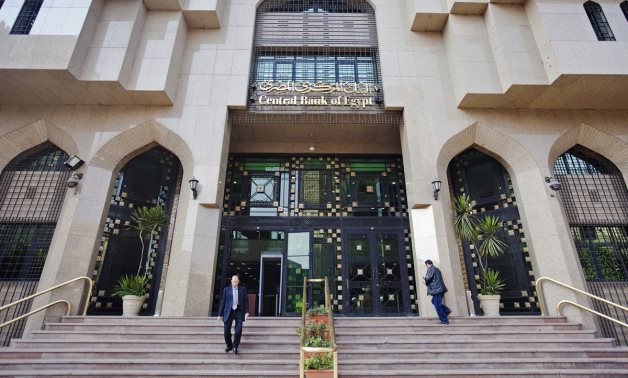Egypt’s financial system heavily relies on treasury bills (T-bills) as a fundamental tool for short-term government financing. The Central Bank of Egypt (CBE) plays a pivotal role in issuing these debt instruments to raise funds for state expenditures, manage liquidity, and stabilize the economy. As Egypt navigates economic challenges such as inflation, currency fluctuations, and global financial pressures, treasury bills have become an essential part of the country’s financial strategy.
Role of the Central Bank of Egypt in Treasury Management
The Central Bank of Egypt (CBE) is responsible for formulating and implementing the country’s monetary policies. One of its key functions is managing Egypt’s debt instruments, including treasury bills. These short-term securities, typically issued with maturities ranging from 91 days to 364 days, serve as a means for the government to secure immediate funding.
T-bills provide the government with liquidity to cover budget deficits, pay off existing debts, and finance infrastructure projects. Moreover, they act as an instrument to control money supply, influence interest rates, and manage inflation. Both domestic and foreign investors purchase these bills, making them an attractive investment option due to their low-risk nature and government backing.
Recent Treasury Bill Issuances and Market Trends
In recent years, the Egyptian government has increased its reliance on treasury bills as part of its financial strategy. In recent years, Egypt has witnessed significant treasury bill issuances as part of its financial strategy. In September 2024, the Central Bank of Egypt (CBE) issued 50 billion Egyptian pounds ($1.06 billion) in treasury bills, divided into 91-day and 273-day bills. This move was aimed at bolstering government financing while ensuring liquidity management and inflation control.
Later, in December 2024, the CBE sold three-month T-bills worth 52.75 billion Egyptian pounds ($1.03 billion), exceeding its initial target. The overwhelming investor interest in this issuance underscored continued confidence in Egypt’s financial instruments despite prevailing economic uncertainties.
Additionally, in December 2023, the CBE issued $990 million in USD-denominated T-bills with a one-year maturity. The issuance received bids that exceeded 110.1% of the offered value, demonstrating strong investor trust in Egypt’s debt market. These issuances highlight the country’s reliance on short-term debt instruments to manage fiscal requirements while maintaining investor confidence.
These issuances underscore the importance of T-bills in stabilizing Egypt’s economy while attracting both local and international investors.
Impact of Treasury Bills on Egypt’s Economy
The frequent issuance of T-bills has several implications for Egypt’s financial landscape. Treasury bills provide the government with essential funds to meet short-term financial obligations without immediately increasing taxes or cutting spending. The CBE uses T-bill issuances to regulate money supply and control inflationary pressures. Investors view T-bills as a safe asset with predictable returns, particularly in times of economic volatility.
Conclusion
Egypt’s treasury bills, managed by the Central Bank of Egypt, serve as a critical financial instrument for the government to maintain economic stability. While they provide a crucial source of funding, managing their long-term impact on debt, inflation, and currency stability remains essential. By striking a balance between short-term financial needs and long-term economic growth, Egypt continues to navigate its evolving financial landscape with strategic treasury management.










